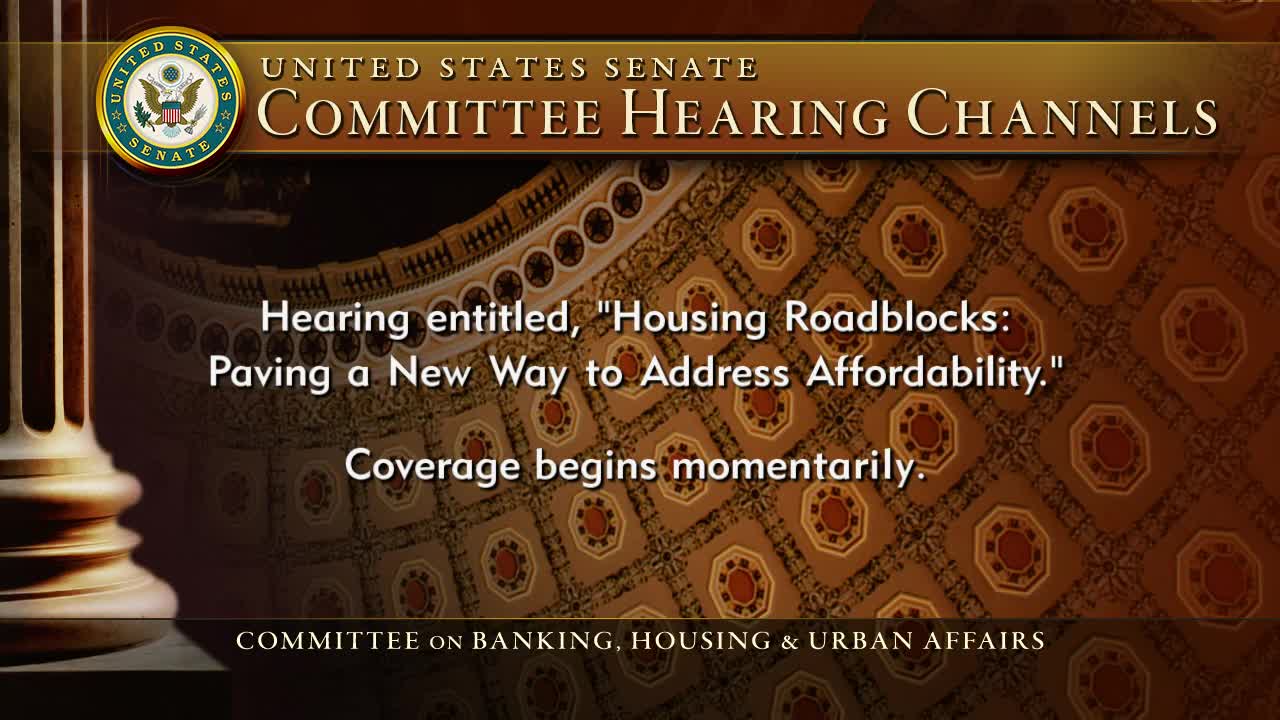Article not found
This article is no longer available. But don't worry—we've gathered other articles that discuss the same topic.
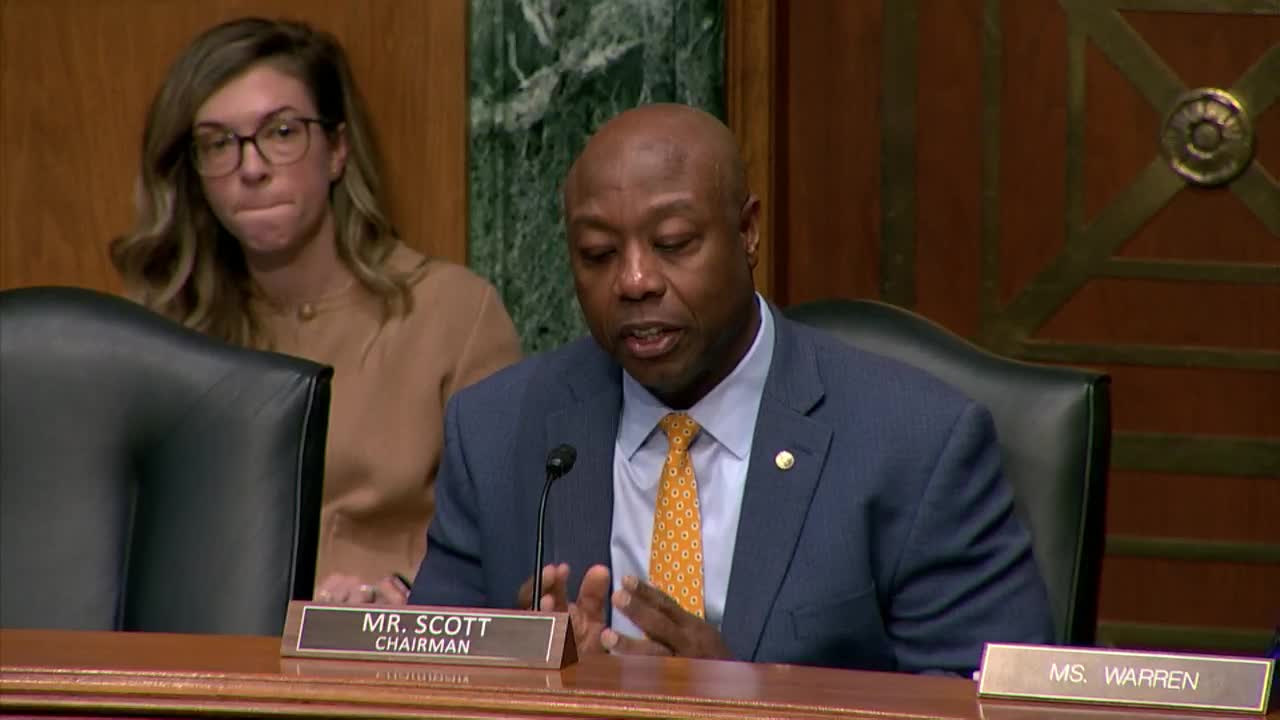
Committee hearing referenced multiple housing bills; senators urged combining supply incentives with targeted assistance
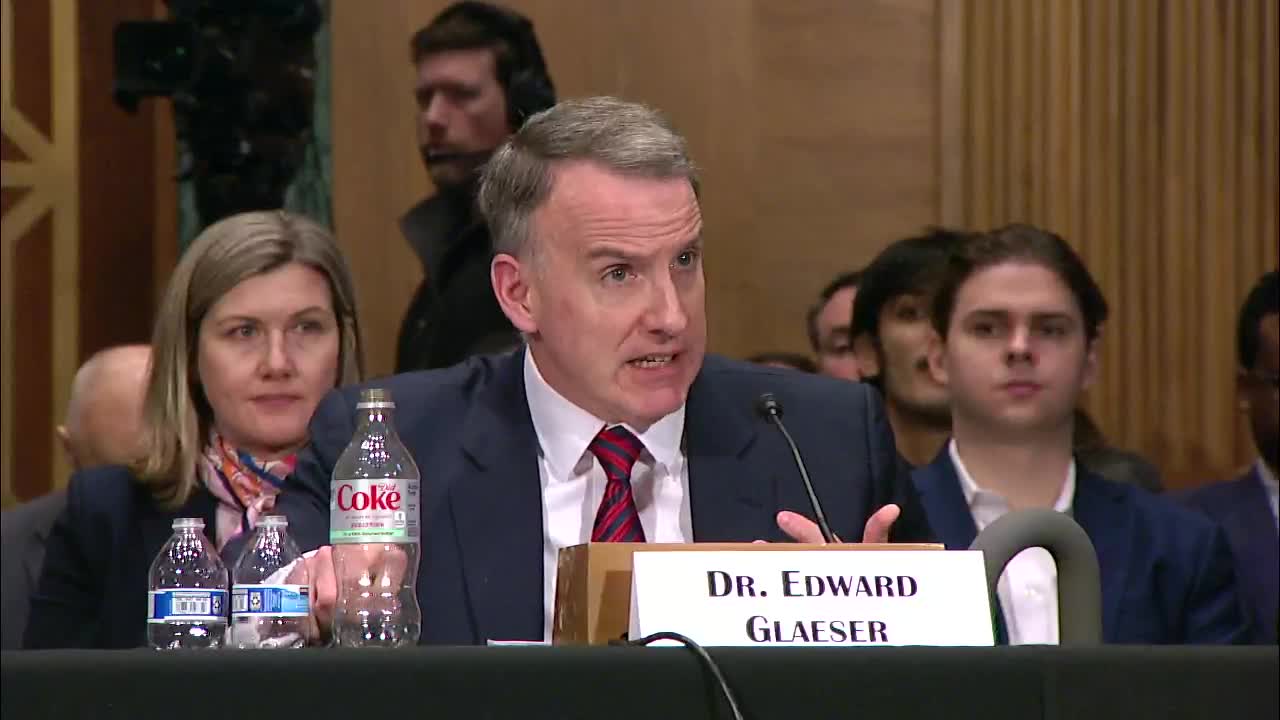
Experts cite modular and manufactured housing, ADUs as speed and cost tools to expand supply
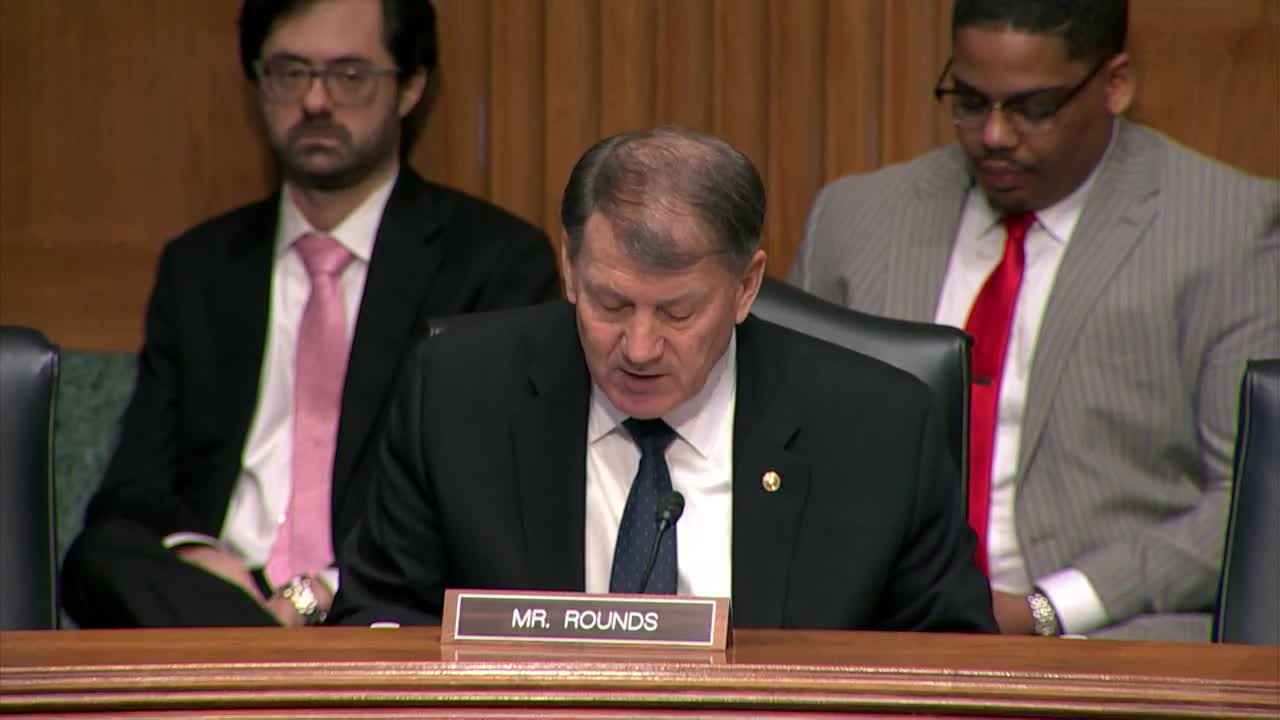
Senators and advocates press for rural housing preservation as USDA mortgages mature
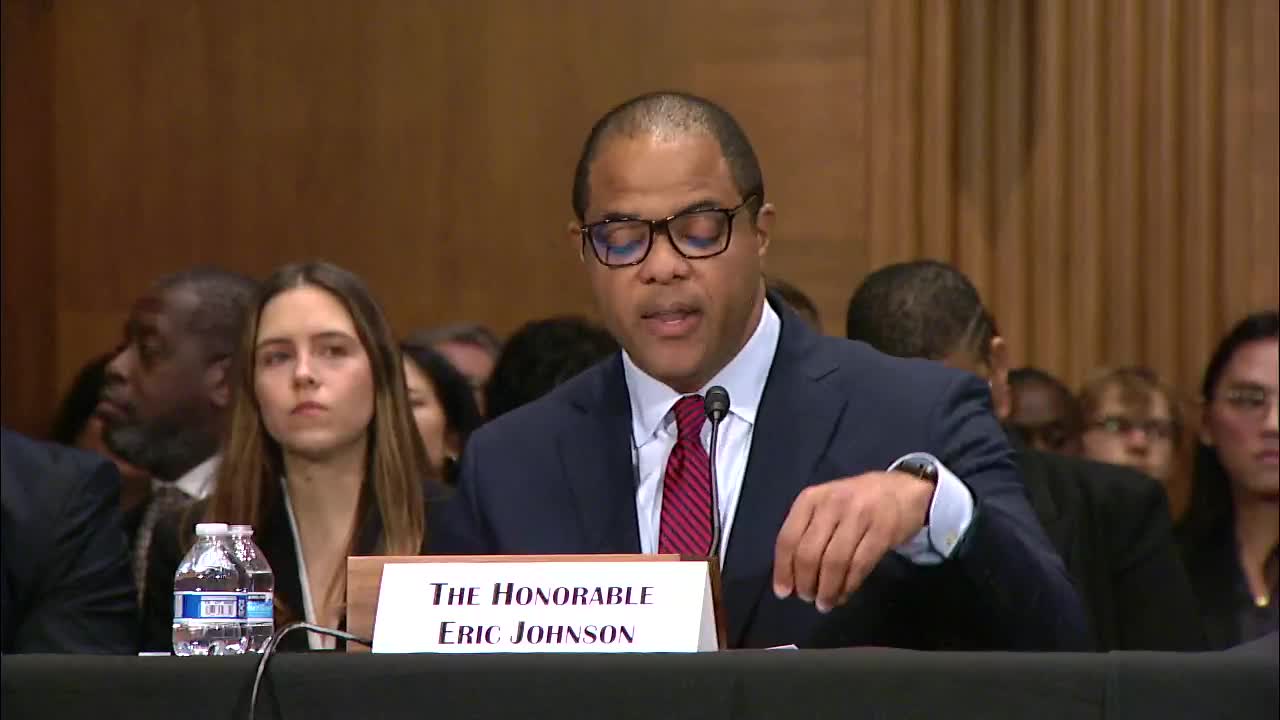
Mayors and advocates urge viewing chronic homelessness as public‑health challenge; Dallas credits rapid rehousing for veterans
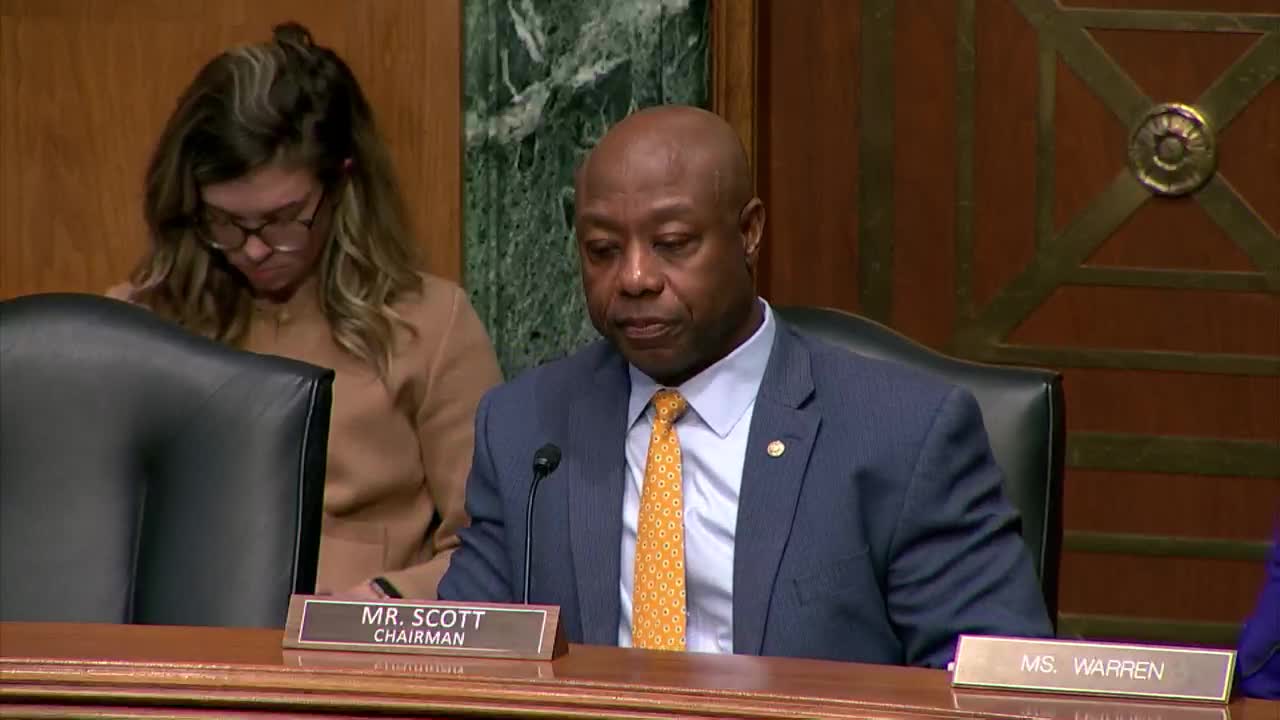
Mortgage industry witness urges GSE competition and tech adoption to lower borrowing costs
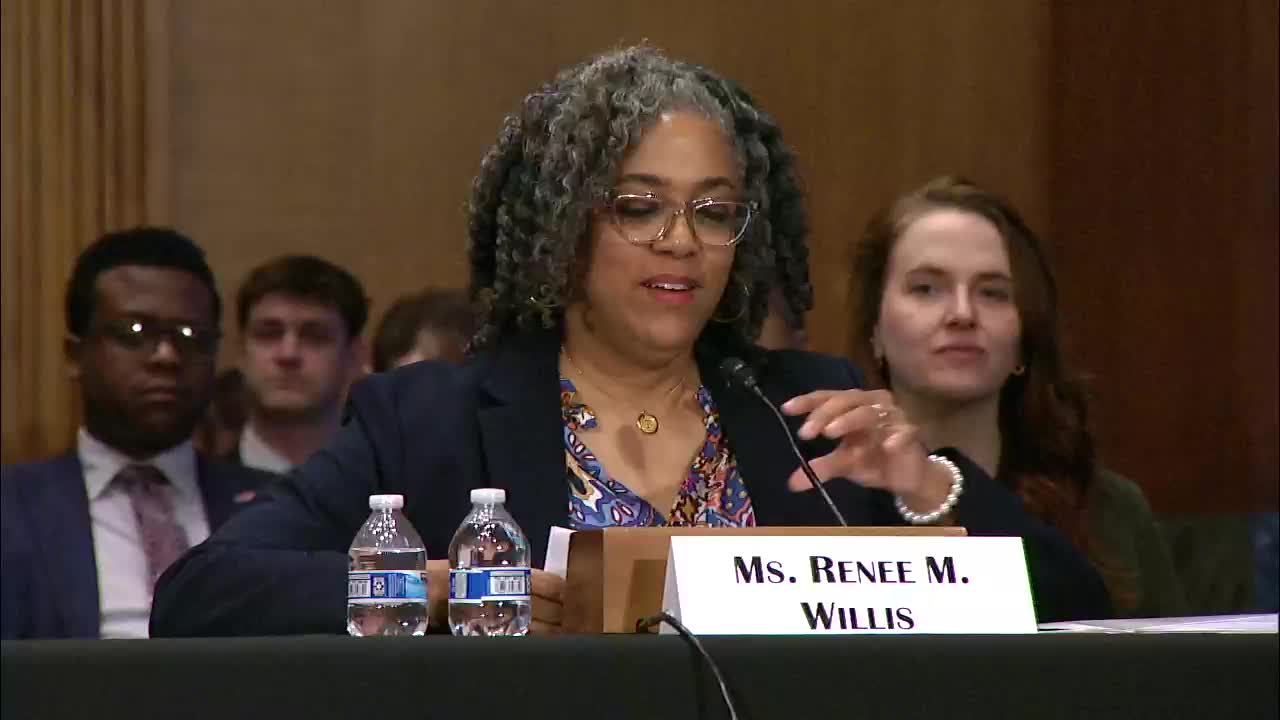
Advocates warn proposed HUD staffing cuts and withheld funds could slow housing programs
